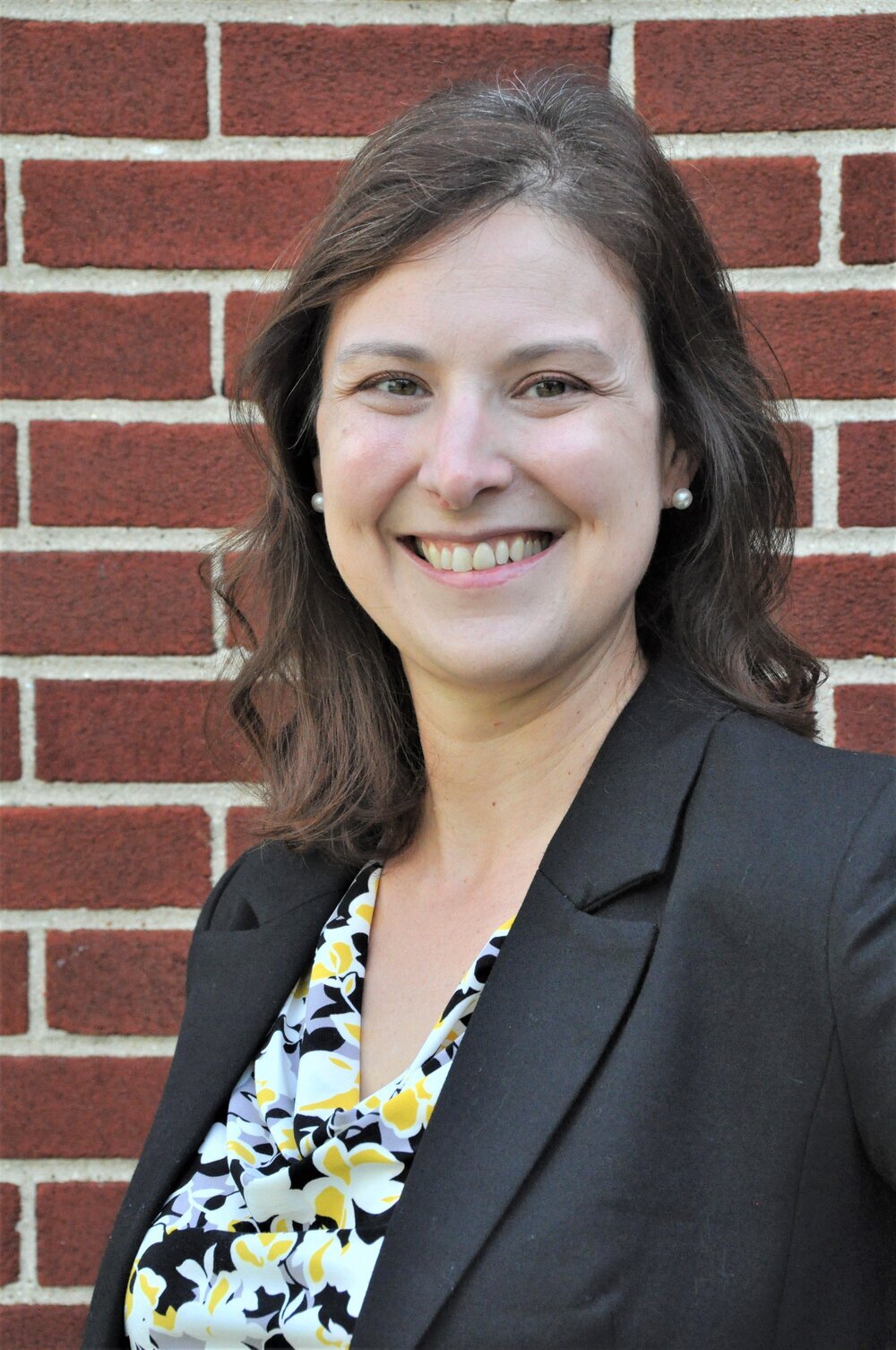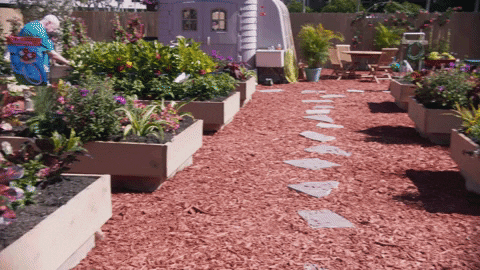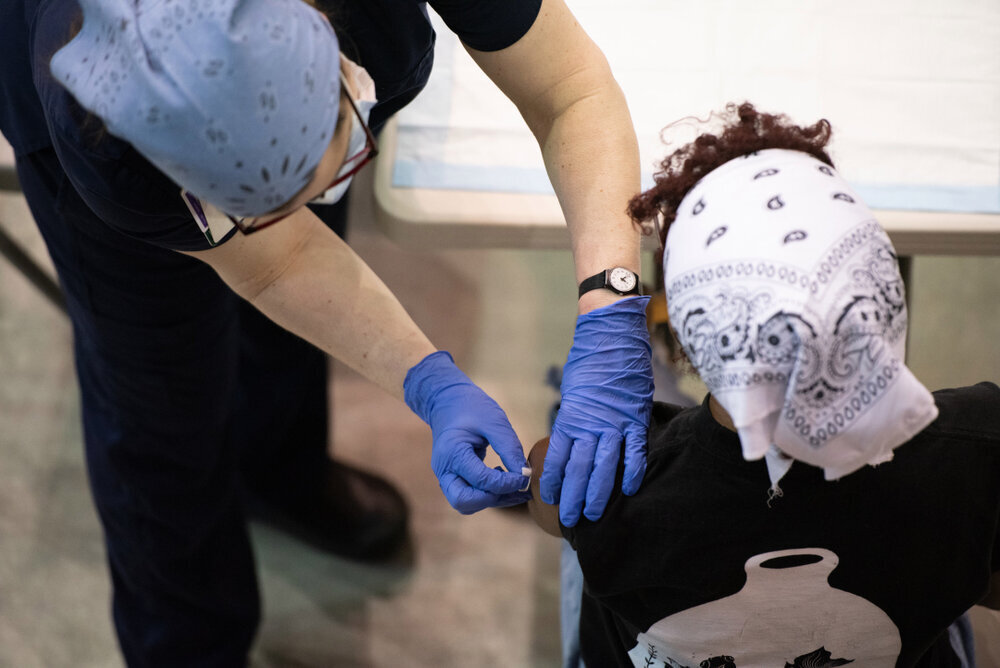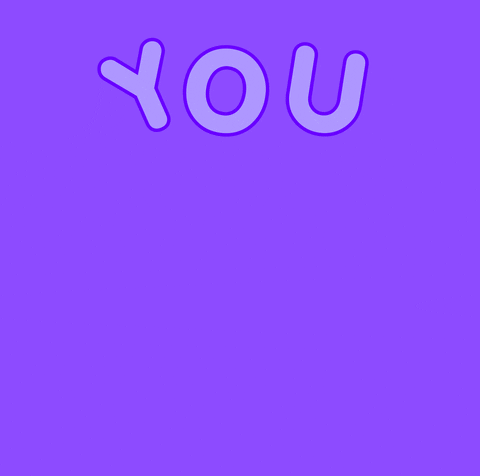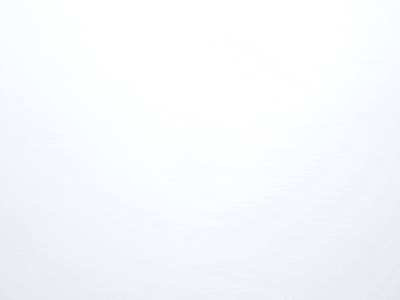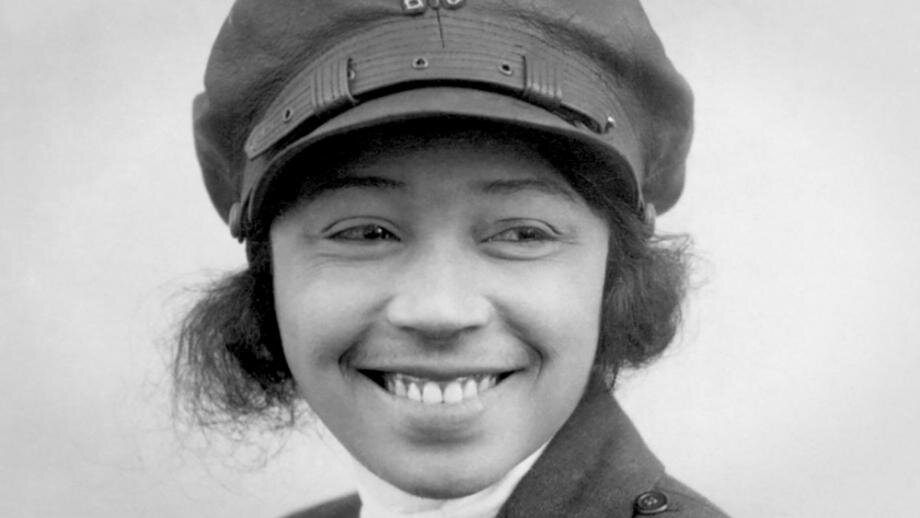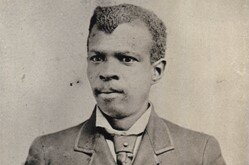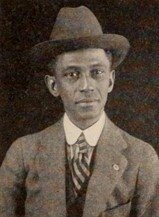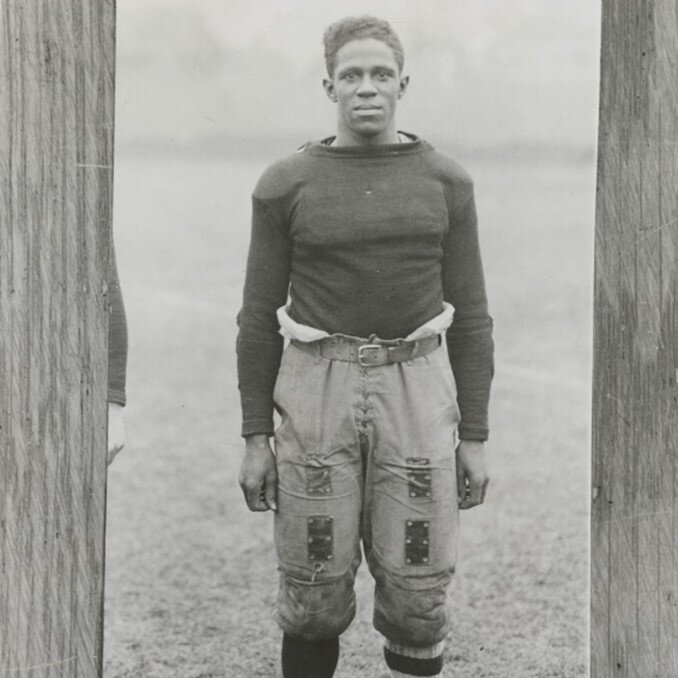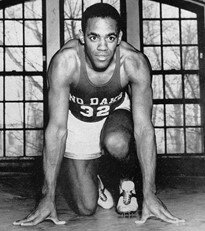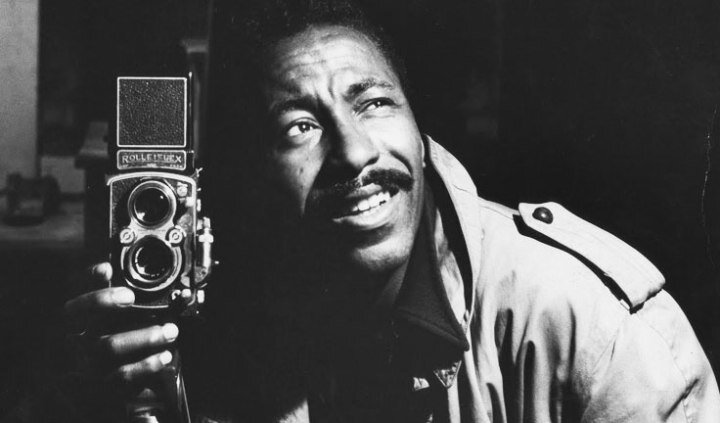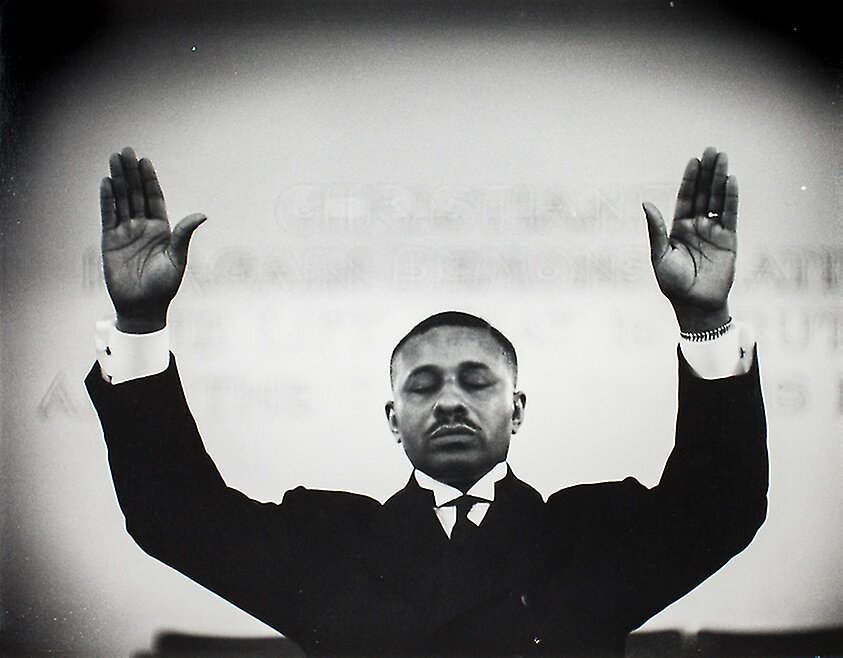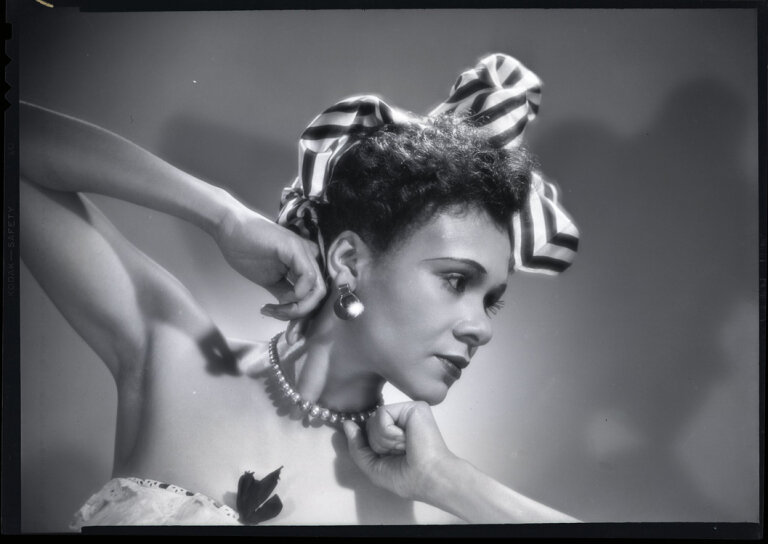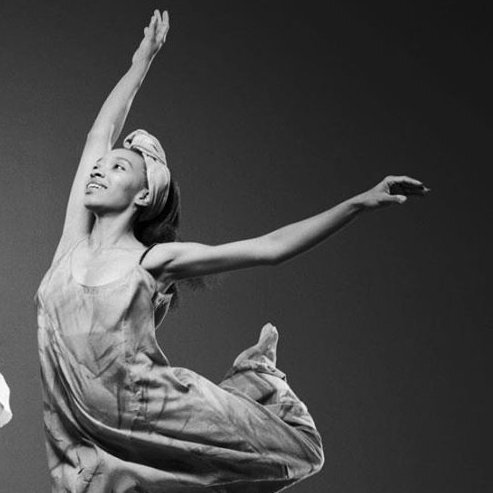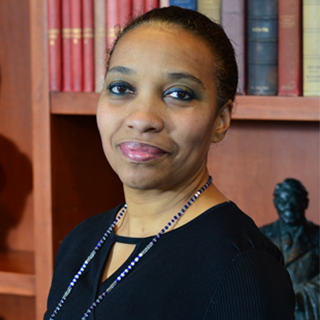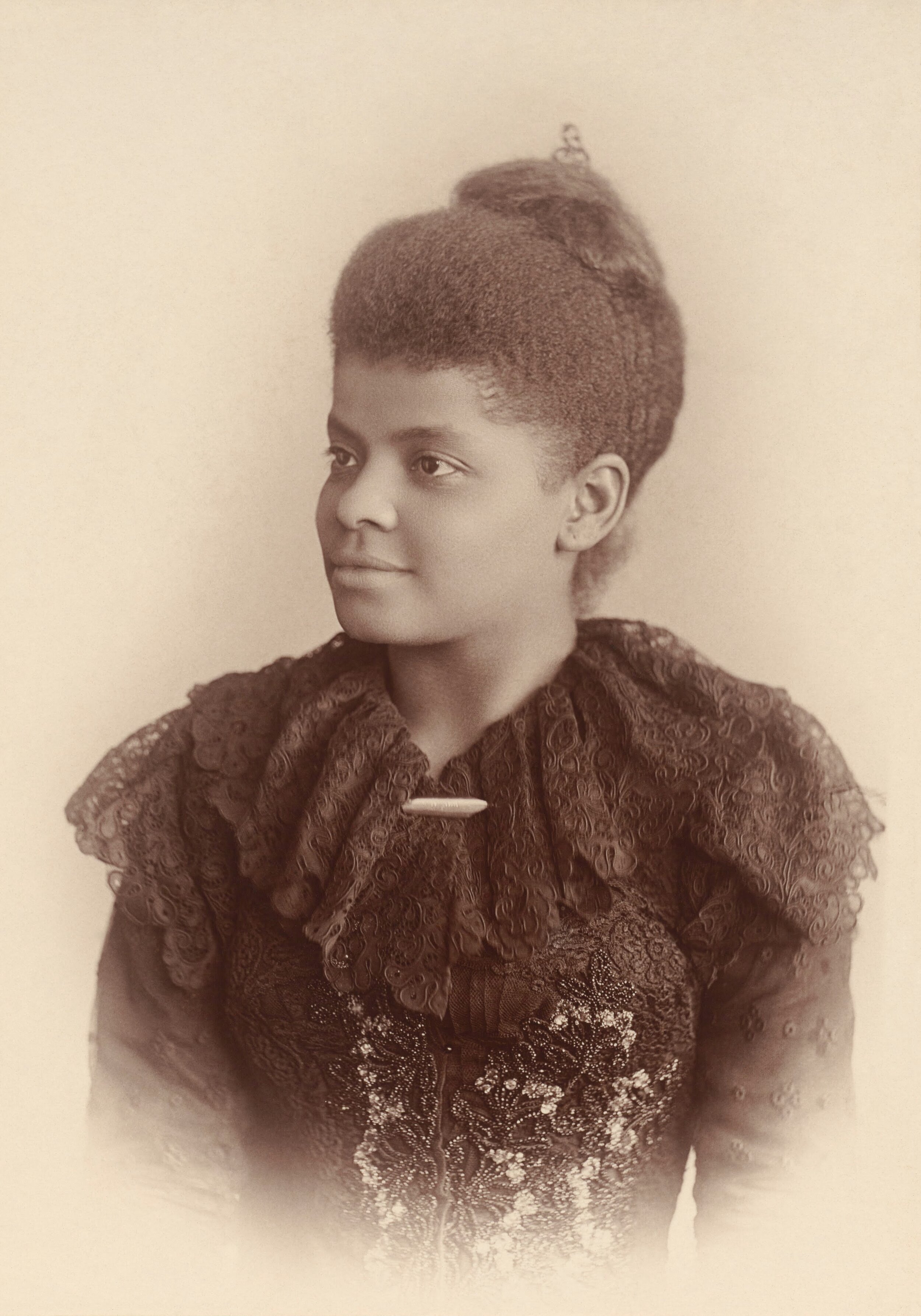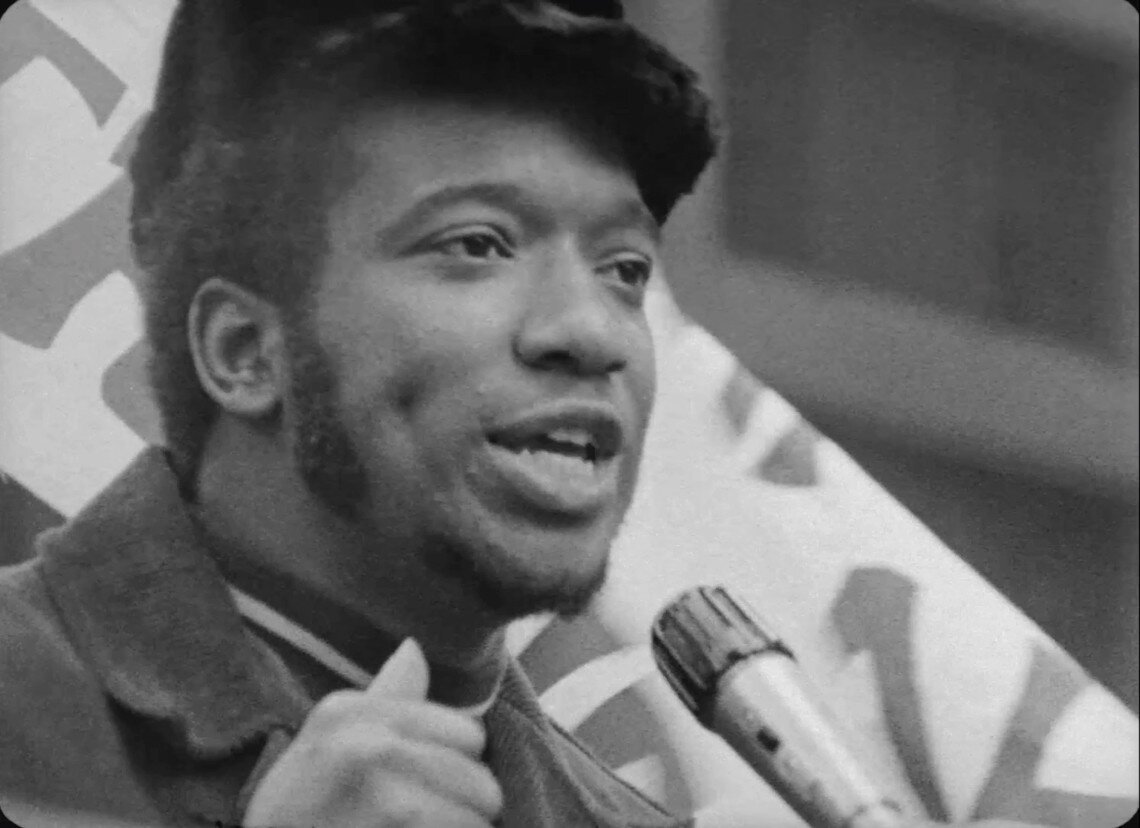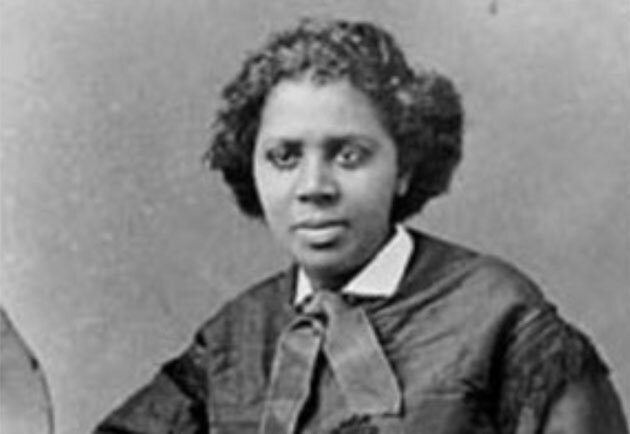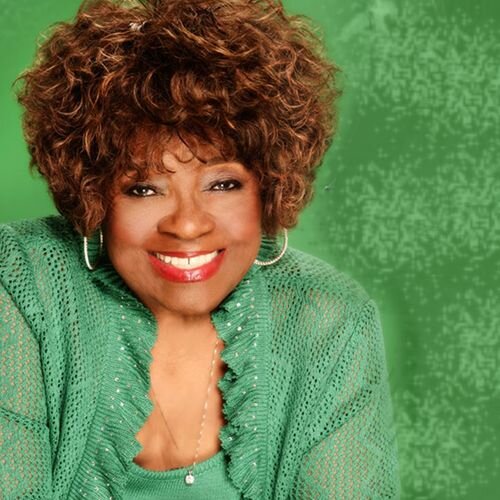News in 2021
Pastor Hope’s Ordination
Ordination is a gift. UCRP is happy to be part of this gift in Pastor Hope’s journey in our church. And within the United Methodist denomination helping it toward excepting all God’s children. Her ordination sets a person apart as a leader for the church and its mission. The role of the ordained is to lead the church and equip the people of God toward the transformation of the world - especially during the upcoming trials of our denomination.
On Friday, October 1 Hope Mary Chernich was ordained as an edler at the Ordination and Commissioning Service of the Northern Illinois Conference. Pastor Hope was part of the 2021 class.
UCRP congratulates Pastor Hope
A virtual reception for Pastor Hope on
Sunday 3 October from 11:30 to 12:30.
Come to share congratulations and to toast her! Join the zoom here:
https://us02web.zoom.us/j/4809420687
Meeting ID: 480 942 0687
One tap mobile +13126266799,,4809420687#
You can also contribute to a gift for Pastor Hope here: https://bigshoulderschurch.breezechms.com/give/online?fund_id=1197284
Preacher: Bishop Tracy S. Malone from the East Ohio Conference.
You can see this Facebook Live service by clicking here.
The service starts at the 15:10 mark.
2021-10-01
October 11th - National Come Out Day
Many people know June as Pride Month for the LGBTQ+ people.
June is recalling the June 28, 1969, Stonewall uprising to achieve equal justice and opportunity for LGBTQ Americans. The purpose of the month is to recognize the impact that LGBTQ individuals have had on society locally, nationally, and internationally.
Many do not know that October is LGBTQ+ History Month.
LGBT History Month was created in 1994 by Rodney Wilson, a high school history teacher in Missouri. In 1995, a resolution passed by the General Assembly of the National Education Association included LGBT History Month within a list of commemorative months. October was selected to coincide with National Coming Out Day (Oct. 11), which was already established, and the anniversary of the first march on Washington for gay and lesbian rights in 1979.
The month now also includes Spirit Day on Oct. 20, on which people around the country wear purple in support of LGBT youth; Ally Week, a week in which allies against LGBT bullying are celebrated; and the anniversary of 21-year-old Matthew Shepard’s murder on Oct. 12, 1998, which led to the Matthew Shepard and James Byrd Jr. Hate Crimes Prevention Act in 2009.
Why do we celebrate LGBT History Month?
The month is meant to highlight and celebrate the history and achievements of lesbian, gay, bisexual, and transgender people. According to GLAAD, “during the early years, the celebration was largely marked by a call to action and commemoration. But since then, LGBT History Month has blossomed into a national coordinated effort to highlight exemplary role models from the LGBT community. Since 2006, this push has so far been led by LGBT rights and education organization Equality Forum.”
Pride Month 2020 was postponed last June due to Covid-19 till October 2020.
Nevertheless, the rise of Covid-19 outbreaks has canceled the October celebration.
However, Illinois Holocaust Museum in Skokie will be having a special exhibit called Rise Up: Stonewall and the LGBTQ Rights Movement. This exhibit will be displayed October 17, 2021 - May 8, 2022 and it will explore the June 1969 police raid of the Stonewall Inn as the flashpoint that ignited the modern gay rights movement in the United States. In the fifty years since the Stonewall Uprising, America’s LGBTQ population has struggled for equal rights and representation under the law. Rise Up shares the voices and tells the stories of this movement.
Blending historic images and artifacts of the LGBTQ+ rights movement, the 85 items on display in Rise Up include posters from Harvey Milk’s campaign for public office in San Francisco, a rainbow flag in its original colors signed by its creator Gilbert Baker, and early LGBTQ magazines and publications.
For more information about this exhibit, click here.
2021-10-01
Blessing of the Pets
Drop-in on Thursday 21 October from 5:00 pm to 7:00 pm
weather permitting
Our very own Sabrina and Pastor Lindsey will be in the garden to bless your pets. Come by with your beloved creatures in person or bring a picture to be blessed. We hope to see you there!
2021-10-01
Congratulations to
Mark Bowman
Former UCRP Minister of Music, Mark Bowman, was awarded as Distinguished Alums at Boston University School of Theology. He and three other people were honored on September 15.
“The 2021 Distinguished Alumni magnificently embody the visionary, transformative leadership needed in this world today,” says G. Sujin Pak, dean of Boston University School of Theology.
Some at UCRP knew Mark before he came to UCRP as Minister of Music. Many at UCRP, who met him at UCRP, learned of Mark’s appreciation of the United Methodist Church [UMC] and world music. While most did not know of Mark’s many accomplishments, UCRP knew of his work as a long-time advocate for LGBTQI+ justice.
After receiving a B.A. degree in social service from Cleveland State University in 1974, he continued his education and earned a Master of Divinity from Boston University School of Theology in 1982.
While in seminary, Mark "came out" and participated in the second Gay and Lesbian Seminarians' Conference at Harvard Divinity School in November, 1979.
He worked with Affirmation: United Methodists for Gay and Lesbian Concerns at the 1980 United Methodist General Conference in Indianapolis. That same year he was ordained as a deacon. His public involvement with Affirmation led to an official church inquiry that resulted in the Conference voting to "discontinue" his probationary membership the following year.
“Many at UCRP who met him at UCRP learned of Mark’s appreciation of the United Methodist Church and world music.”
In 1981, Mark moved to Washington, D.C. and continue working for Affirmation in its leadership. In 1983, he served on Affirmation’s task force in planning a congregational-based organizational project modeled after the Presbyterian’s More Light Program. This plan became known as the Reconciling Congregation Program [RCP] – today known as Reconciling Ministries Network – an organization made of local churches and other UMC ministry bodies that are seeking the inclusion of people of all sexual orientations and gender identities.
He served as volunteer co-coordinator of the RCP and was instrumental in the founding and publishing of the quarterly magazine Manna for the Journey in 1985 [renamed Open Hands in 1986 due to a trademark dispute]. He eventually became executive director of RCP.
In 1992, UCRP hosted the first national Convocation of the RCP.
“Many at UCRP will be familiar with this musical mass since UCRP choir has performed this piece various times. ”
Also in 1992, Mark convened the first gathering of the leaders of the "welcoming church" programs in mainline Protestant denominations. Where he facilitated annual meetings of this body in succeeding years and cooperative ventures that included ecumenical sponsorship of Open Hands magazine and a ground-breaking Bible study curriculum, Claiming the Promise.
During his years living in Washington, D.C. [1980s], Mark used his training in keyboard performance and choral directing and became music director of the newly Lesbian & Gay Chorus of Washington. Much like his choral work at UCRP, this group grew from 12 to 60 singers during his seven years there.
“He brought a wide range of world music to UCRP’s worship service.”
Mark has served as choir director, song leader, and accompanist in a number of congregations - including at UCRP. He trained with the United Methodist Global Praise program and the Iona Community [Scotland] as enlivener of congregational song and has led singing and worship in local, regional, and national gatherings. He brought a wide range of world music to UCRP’s worship services. He served as Minister of Music at UCRP through many pastors starting Rev. Wendy Harding.
For the 10th anniversary of the RCP [1994], Mark oversaw the commissioning of an original musical drama, HOME: The Parable of Beatrice and Neal, that toured 15 Midwestern cities. Many at UCRP will be familiar with this musical mass since UCRP choir has performed this piece various times. This mass is structured around the traditional elements of the communion ritual.
HOME hits close to home within the church. It is about Beatrice, Neal, and Barbara as seminary classmates. Neal, openly gay, left seminary and his active church membership after one semester. Beatrice married a conservative classmate and tries to believe her calling is to be a pastor's wife. Barbara, Beatrice's longtime friend, whose church is a Reconciling Congregation, comes to town and arranges a dinner with Neal and several of his friends, then invites Beatrice as well. Over dinner, the gay and lesbian friends share their experiences of rejection by the church. Beatrice invites them to come to her church early the next morning, and celebrates communion.
“ Many at UCRP may remember the WOW events after Sunday worship with well know composers like Mark Miller and Ruth Duck.”
In 1999, Mark retired from the RCP and became the coordinator of the first ecumenical Witness Our Welcome [WOW] Conference that brought together 1,000 LGBT Christians and allies in August, 2000. He continued as staff coordinator for the second WOW Conference in August 2003 in Philadelphia. Many at UCRP may remember the WOW events after Sunday worship with well know composers like Mark Miller and Ruth Duck. UCRP members got to attend the WOW events for free - as long as they helped with the hosting with refreshments.
Mark's interest in the history of LGBT religious movements led to the founding of the LGBT Religious Archives Network at Chicago Theological Seminary in the spring of 2002. This unique information clearinghouse on LGBTQ history around the world became a program of the Center for LGBTQ & Gender Studies in Religion at the Pacific School of Religion in 2008 and Mark continues as its project coordinator. He currently is part-time minister of music at Grace Lutheran Church in Evanston, Illinois.
We salute Mark for his many accomplishments within the church leading toward social justice for all God’s people especially for the LGBTQI+ community. He has left his mark on UCRP.
Watch Mark’s speak at the Distinguished Alumni by clicking the Boston University box. This link does go to an outside website.
2021-09-25
Block Club Chicago wrote an article about our New to You Thrift Shop.
Click here to read this brilliant article by Maia McDonald
94-Year-Old New To You Thrift Store In Rogers Park Reopens After Pandemic Closure: ‘People Love This Place’
2021-07-10
United Church is deeply saddened to announce the passing of
Elaine Wolensky on April 28th.
Elaine was a member of United Church of Rogers Park for over 42 years, starting and supporting many ministries. Her commitment to Community Feast and the Worship Committee was invaluable. Elaine was often one of the first members to introduce herself to new people, asking for names and addresses to add them to her card ministry. If you received a sympathy or birthday card from United Church, there is a good chance that came from Elaine. Her hospitality was unmatched, and it was important to her that everyone who walked through our doors knew that they were welcome and cared about.
Elaine was also active in worship. The creche [nativity scene] was her special project every Christmas and she cared for the cup, chalice and communion elements with joy. Until she got sick Elaine rarely, if ever, missed a Sunday and it was a comfort to see her in her usual spot in the front row on the south side of the church. She truly claimed United Church as part of her family.
She knew many people from other United Methodist churches within the Northern Illinois Conference [NIC]. She received many yearly certificates with NIC Lay Speaker Program. It was at these classes she met other Methodists telling them proudly about her local church – United Church of Rogers Park United Methodist Church. She would brag, “We are really united since we have two united-es in its name.”
Elaine deeply loved God and God's community at UCRP. It is a comfort to us that she drew strength from her steadfast faith and an assurance that she has heard those words we all long to hear, "Well done my good and faithful servant."
In her last days, she had lots of support from phone calls from many people: Flowers from Northa; Readings from Carol Z; Prayers from Jill; Collected cards from David C; And many others.
May her memory be a blessing to all of us, even as we grieve her loss. See the bottom of this page to leave thoughts, prayers, or stories about Elaine.
Her memorial service will be at 2 pm on Saturday 15 May. The service will be live-streamed on our Facebook account: https://www.facebook.com/pg/ucrogerspark/videos/.
Please join us on zoom directly after the service for a time of fellowship, comfort and sharing stories about Elaine.
Join by smartphone or laptop [with video] by going to https://zoom.us/j/957841862
You can call-in without video by calling 312-626-6799 and when prompted entering the meeting id 957 841 862
Password: 024007
The service bulletin can be found here
Click here to see Elaine’s Obituary
Into your hands, O Merciful Savior, we commend your servant, Elaine. Acknowledge, we humbly beseech you, a sheep of your own fold, a lamb of your own flock, a sinner of your own redeeming. Receive Elaine into the arms of your mercy, into the blessed rest of everlasting peace, and into the glorious company of the saints of light. Amen.
2021-04-25
April 25th is World Malaria Day
Imagine No Malaria [IMN] is a global health program of The United Methodist Church [UMC], combining integrated health infrastructure, education, and advocacy to address death and the debilitating effects of malaria in Sub-Saharan Africa. By doing so, its work has saved lives and loosened the grip of poverty for future generations. Building upon decades of UMC presence and relationships in Africa, INM has been strategically positioned to fight malaria in the most remote and impoverished areas not served by governments or other non-governmental organizations [NGOs]. The aim was to reach the most at-risk populations, with women and children under five being priorities.
Please consider giving to Imagine No malaria here: https://advance.umcor.org/p-418-imagine-no-malaria.aspx
or at the UCRP donation page https://www.ucrogerspark.org/donate
and click on the Albert Lunde Memorial for United Methodist Committee on Relief.
Donate now and know that you had a hand in wiping out malaria.
2021-04-25
UCRP will be honoring
Native American Ministry Sunday.
Rev. Adrienne Stricker will be guest preaching on April 18th for Native American Ministry Sunday. She is a deacon in the Northern Illinois Conference and works with Native American ministries at the conference level.
In the account of Jesus walking on the road to Emmaus [Luke 24:13-35], the disciples do not recognize Jesus until they invite him to stay with them and he sits and breaks bread. Similarly, in our churches, it is through sharing with one another that we experience Christ among us.
Our country’s history is littered with terror on Natives Americans. Even today our country still overlooks these people.
While it is appropriate and overdue to tribute Harriet Tubman’s likeness to be grace on future $20 bills starting in 2030. She is a genuine hero of American history who helped end the gravest evil this nation ever perpetrated. Like how history books whitewash Black enslaved people, the same also happen with Native Americans.
Former President Andrew Jackson on the $20 bill. Historically Jackson is known the one of the worst presidents in the United States as slaver, mass-ethnic cleanser, and tyrant.
Currently, within the United Methodist Church, there are approximately 111 Native American congregations.
In the Southeastern Jurisdiction of the UMC, North Carolina has the largest number of Native American ministries established.
The Northern Illinois Conference Committee on Native American Ministries seeks to:
Provide basic educational resources for churches to explore the history and culture of Native Americans in their region, and gain a better understanding of contemporary Native American life;
Empower congregations to explore Native American theology through book studies, conversation and building relationships with Native Americans in the conference and surrounding conferences;
Explore the call to repentance initiated by the 2012 General Conference and the Council of Bishops;
Support our Ministry of Presence with the St. Kateri Center of Chicago, a Roman Catholic Native American community with whom CONAM has had a relationship for over 25 years, through fundraising for educational and cultural programs, participation at events, and teaching cross-cultural workshops.
2021-04-18
The Peace Center Garden
is opening up spots for
the congregation.
If you would like to have a place to garden we’re here for you! Since we will more than likely not be having a children’s summer program this year, we will be offering garden beds for the church community.
We have several elevated beds available both large and small in size. We also have a couple of raised beds. If you’re interested please email Sabrina at unitedchurchofrogerspark@gmail.com
2021-04-06
Our very own Northa Johnson
is featured in 8 April 2021
Block Club Citywide article.
Click here to see the article at Block Club or read below.
Homebound Chicagoans Have Been Stuck Inside For More Than A Year — And City’s Vaccination Program Still Hasn’t Responded To Thousands Of Them
CREDIT: Colin Boyle/Block Club Chicago
A person receives a COVID-19 vaccine at the mass vaccination site in the Jones Convocation Center on the campus of Chicago State University on April 7, 2021
more than 4,100 people have signed up for the chicago department of public health's homebound vaccination program; so far, 532 people have gotten vaccinated. some people could have to wait until the fall to get shots, the city's top doctor said.
Kelly Bauer 8:00 AM CDT on Apr 8, 2021
CHICAGO — Northa Johnson hasn’t left her Steeterville home in 400 days.
Johnson has stage 4 COPD, which means she’s at increased risk of severe illness or death from coronavirus. She’s stayed home to stay safe, continuing her volunteer work and hobbies from afar — but she saw a light at the end of the tunnel when Chicago announced in early March it would start vaccinating homebound people.
“I can’t come out. I’m not gonna risk my life. And that’s what I’d be doing” by going to a vaccination clinic, Johnson said. “I’m not gonna just get sick [with COVID-19]. I’d be in the hospital. And I’m not gonna do that.”
Johnson signed up for the city’s homebound vaccination program March 4, the very same morning it was announced, excited to get her shot and know she’d be safe to venture outside again.
But it’s been more than a month since then — and Johnson hasn’t heard anything back.
waiting for vaccines
More than 4,100 people have signed up for the Chicago Department of Public Health’s homebound vaccination program; so far, 532 people have gotten vaccinated, said spokeswoman Lauren Foley.
The program is meant to be used only by people who — due to their advanced age, a disability or a medical impairment — cannot leave home, as well as their caregivers. Those categories also generally cover the people who are most at risk from coronavirus.
But some homebound people told Block Club they’ve signed up only to get radio silence from the health department. They don’t know when or how they’ll get vaccinated — and fear that, after more than a year of being cooped up inside, they’ll still have to wait months to get shots while Chicagoans who are less at risk are getting vaccinated, going out and seeing loved ones.
Last month, Dr. Allison Arwady, head of the health department, said the program will take time, with officials vaccinating homebound people “well into the fall.”
“It’s not like we’re not committed to this group; we are,” Arwady said last month. “But it is going to take months to get this group fully vaccinated.”
Arwady said vaccinations through the program would take until the fall because the doses are administered by Fire Department paramedics and volunteer medical crews, who can only go to people’s homes to do a few vaccinations per day.
But on Wednesday, Foley said the department has received “additional resources and manpower” for the program. That means health department officials anticipate being able to vaccinate a “significant amount” of people registered through April and have a goal of vaccinating all those who have registered for the program by the end of May.
“In an effort to reach more people who qualify for this program and scale up operations, we have begun partnering with various other city agencies … as well as community organizations to identify the individuals who would benefit from this program and to begin scheduling those who are on the waitlist,” Foley said in an emailed statement.
Northa Johnson, of Streeterville, hasn’t been able to leave her home for 400 days due to the coronavirus pandemic.
But Johnson said it feels like the city doesn’t care about her or other homebound people at all. She’s applied for the program multiple times and tried contacting the health department, but never got a response or information about when she might get vaccinated. The most she’s gotten is an email confirming her applications for the program.
Johnson also tracks the news and follows the health department, but they never provide updates on the program or homebound people, she said.
“It ticks me off,” she said. “We’re the one group, the one population you never hear them mention on the news. There are never any statistics about us. And they act like we don’t exist.”
Anne Spiselman, of West Town, has a similar story: She hasn’t been able to leave her home since March 12, 2020, because she has a disability and post-polio syndrome, which puts her at increased risk from COVID-19. She was excited about the homebound vaccination program and signed up March 5.
And like Johnson, Spiselman said she has heard nothing from the city since then.
Spiselman has contacted the health department, looking for answers, but was only told to apply again.
“To me, this sounds like an awfully good program and one that I really needed — but if nothing is happening with it, they shouldn’t mislead people,” Spiselman said. “Because those of us who are really homebound, we need this. And every day, we’re barraged with, ‘Get vaccinated, get vaccinated, get vaccinated, especially if you’re among the elderly.’ To have something like this dangled and then have nothing happen is very frustrating.
“I don’t want to have to wait ’til fall to get vaccinated.”
‘this … should not be so difficult’
Spiselman said she’s only been able to see two people since March 2020: her caregiver and a handyman.
The West Town resident hasn’t been able to leave her home for necessary doctor’s appointments, dental visits or trips to see loved ones.
Spiselman has kept busy by reading stories from around the world on the internet and by writing her weekly theater column for the Hyde Park Herald.
“Occasionally, like, I’m sure, everyone, I feel sad and depressed,” she said. But mostly she feels frustration and irritation “at the city for not doing anything. In a way, it’s a form of discrimination.”
Spiselman can’t risk leaving her home to get vaccinated, and a disability she has makes it so she physically cannot leave.
But she is still desperate to get the shot from the safety of her home and resume a more normal life. She’s “keenly aware” of how important vaccines are because she got polio just a few months before a polio vaccine was developed when she was a child, she said.
“This whole thing should not be so difficult,” she said. “And it seems to me also that the powers that be never seem to do things in the ways that make the most sense.”
Spiselman is still waiting to get vaccinated.
Johnson has been luckier — no thanks to the city.
Like Spiselman, Johnson has kept busy at home during the past year, continuing her work as a volunteer coordinator with a Rogers Park group, though she’d like to be able to safely see people and go out.
Since vaccines became available, Johnson’s looked everywhere and repeatedly contacted the city’s health leaders to try to get her shots at home. With no answers coming from the health department, she looked for other sources.
“If I need it, there are plenty of other people” who need it, she said. “If you look at the people who get in-home care, these in-home helpers, we are a huge population. I’m not hearing anything about us.”
Someone from My Block, My Hood, My City heard about Johnson through her network of loved ones. He reached out to her, offering her a ride to a vaccination appointment — but Johnson explained she could not safely leave her home.
Instead, My Block, My Hood, My City passed on Johnson’s information to InstaVaxx, a new company providing limited in-home vaccinations for people in need.
A doctor and nurses from InstaVaxx came to Johnson’s home on Easter Sunday, administered her first dose and gave her a bouquet of chocolate tulips to celebrate, she said.
InstaVaxx CEO Capri Reese said Johnson was the first homebound person they’ve vaccinated, but they plan to do more. They’re looking at vaccinating homebound people on Sundays, when their clinics are closed, Reese said.
People in need can sign up to get a shot through InstaVaxx online. Homebound people who are older can also sign up online with My Block, My Hood, My City and the group will try to coordinate in-home vaccinations for them through InstaVaxx.
As of now, there appear to be few — and perhaps no — other vaccination options for people who are forced to stay home.
Though Johnson is excited she got her first shot and has her second dose scheduled, she’s frustrated by the city’s program — and the radio silence she’s gotten. She joked she was only able to get vaccinated while other homebound people have had to wait because she has a “big mouth.”
The city’s “not doing enough. They’re not even really trying,” Johnson said. “One of my mottos is, ‘A closed mouth doesn’t get fed.’ I think about baby birds in the nest. Who gets the worm? That’s why I just kept calling.”
Block Club Chicago’s coronavirus coverage is free for all readers. Block Club is an independent, 501(c)(3), journalist-run newsroom.
2021-04-08
Easter Sunday Sunrise Storytelling
at 6am
https://www.facebook.com/ucrogerspark
The Roman Catholic Church has Easter Vigil, also known as Easter Midnight mass. Many Protestants are reminded of this ancient service much like their Christmas Eve service with candles. Early Christians celebrated Easter Eve till marking the start of Easter day.
The first recorded Easter Sunrise Service was in 1732 in the west Germany/east Poland area. After their Easter Virgil, the unmarried men of this community gathered at the town’s graveyard singing hymns of praise to the Risen Savior – the start of Sunrise Easter Service. It caught on ever since.
UCRP is continuing its tradition with a Sunrise Easter Service at 6:00 am via Facebook Live.
2021-03-17
It has been an year since UCRP last
in-person worship service was held
on 15 March 2020.
Not only has UCRP congregation become COVID-19 fatigue, but they are also becoming Zoom fatigue.
Why are we video-call fatigue?
other than touching, what is the difference between
a video conference like zoom
versus in-person conference?
In-person we do not stand or sit within three feet or less and stare at their face.
On a video call, the only way to show we are paying attention is to look at the camera. This constant gazing makes us stress and tired.
Video calls are only viewed in two-dimensional space. Without the in-person three-dimensional space, we miss out on a lot of non-verbal communication. At least with television shows, there are many different camera angles helping to display the actor and their surroundings. Even interviews on talk shows display a variety of angles so the viewer doesn’t become boarded or nod off.
A video call is just one headshot for the whole meeting. And with that headshot, we must make more of an emotional effort to appear interested, and in the absence of many non-verbal cues, the intense focus on words and sustained eye contact is exhausting.
In-person, we can use our peripheral vision to glance out the window or look at others in the room.
On a video call, because we are all sitting with different backgrounds, and if you turn to look out the window, one might worry that we seem like we are not paying attention.
In any conversation, there is a natural flow whether it is in-person or over the phone. But in a video call, silence makes you anxious about the technology. Even a 1.2-second delay in responding online[1] made people perceive the person talking as less friendly or focused. The added frustration includes people turning their microphones on and off. That lagging connection turns into your mind’s eye asking:
“Are they not answering me because they don’t care, or are their screen is frozen?”
Then, there is looking at ourselves, making us hyper-aware of every wrinkle, expression, and how it might be interpreted. Without the visual breaks, we need to refocus, our brains grow fatigued.
while it may sound like zoom and doom,
there are ways to help with video call fatigue.
build in breaks.
One misses the breaks and talks around the water-cooler and breakrooms. Take mini breaks from video during longer calls by minimizing the window, moving the video call behind your open applications, or just looking away from your computer completely for a few seconds now and then.
avoid multitasking.
While it is tempting, the next time you video chat, close any tabs or programs that might distract you, put your phone away, and stay present.
reduce onscreen stimuli.
Encourage people to use plain backgrounds, or agree as a group to have everyone who is not talking turn off their video. Also, research shows that when you are on video, you tend to spend most of the time gazing at your own face. This can be easily avoided by hiding your window from view.[2]
switch to phone calls
or email.
Try something like, “I’d love a break from video calls. Do you mind if we do this over the phone?” Most likely the other person will be relieved by the switch, too.
The isolation from this pandemic does not help, but video-calls are the next best thing to being together. Love them or hate them, the video-call is in our lives for right now.
[1] “Why are you so slow? – Misattribution of transmission delay to attributes of the conversation partner at the far-end”. From the International Journal of Human-Computer Studies, Volume 72, Issue 5, May 2014, pages 477-487 https://www.sciencedirect.com/science/article/abs/pii/S1071581914000287
[2] Zoom support at: https://support.zoom.us/hc/en-us/articles/115001077226-Hide-or-Show-My-Video-in-My-Display
2021-03-15
March 15th marks One Year
Everyday has a historical connection to our yesteryears. March Ides of March - March 15th – is the day we focus.
In 44 BC when Julius Caesar was assassinated by high-ranking Roman Senators. Guess the Roman government did not have an impeachment clause.
Also, on this day in 1913, President Woodrow Wilson held the first open presidential news conference. That is something we have not seen over these past years.
It is also would have been Ruth Bader Ginsburg’s 88th birthday.
Are we hinting where we stand on the political stage? Of course, the answer is no. We are just stating events that happen on the Ides of March.
Last year on Sunday 15 March 2020, UCRP planned an Afternoon Tea Party at one of its church member’s home. This was to start a series of events hosted by church members to help bring our small church community closer. This gathering was canceled, along with that morning’s worship service. In place of our in-person worship was the start of our ZOOM-worship. It happened extremely fast. People were buzzing what this virus thing was all about.
Here it is a year later, and we know it as COVID-19. Not only has UCRP congregation become COVID-19 fatigue, but they are also becoming Zoom fatigue. Why are we video-call fatigue? Click here for an article that is about this.
Our community has been physically separated.
No sitting in our usual spot on the pew singing our favorite hymns with other voices.
No passing Christ’s Peace with shaking hands or with hugs or a kiss.
No looking into another’s eyes as we speak while reading their body language.
It is an odd fact that as a community, we have gone through a lot together while not being physically together.
As a Jesus loving people, we have tried to touch the Holy Spirit as a community through technologies like the phone and videotelephony. Yet, it is hard to appreciate Matthew 18:20 – “For where two or three gather in my name, there am I with them” over electronics.
On this record day, we call out to God and pray.
Loving God, we pray for our church community as we hit the year mark of this pandemic crisis. Deliver us from simply desiring to go “back to normal," and give us grace instead to be open to the opportunities that your Spirit brings in this year of separation.
As Jesus had nowhere to lay their head: Grant that those who live alone may not be lonely in their solitude, but that, following in Christ’s steps, they may find fulfillment in loving you and their neighbors.
Our nation is torn by social injustices and political bias.
Our world is left pointing the finger and playing the blame game.
Our loved ones are sick, and some have crossed over the Jordan River.
Anxiety is at an all-time high.
We need you to be a heart-fixer and a mind-regulator.
We need you to be a soothing salve healing our land and giving us peace.
We know that you are able, and we know that you can.
We are confident in you.
Give us creative hearts to embrace and carry forward the new ways we have found to connect with one another; and in your good time bring us safely back together as a people renewed by your faithfulness and abiding love and strengthened for the work ahead. Grant that we may come out of this crisis with open eyes, more fully available to the needs of those most vulnerable and those whose labor we have always depended on. We pray in the name of Jesus. Amen.
when we get to have an
in-person worship,
let us have that long waited cup of tea!
2021-03-15
The Lent
season is
upon us.
During ordinary times, one traditionally gives up something for Lent like sweets, video games, or drinking alcohol. While Lent last 40 days [if you do not count Sundays] honoring the homage to Jesus’ 40 days spent fasting in the desert in preparation for his ministry on Earth.
While in this current pandemic time, many feel that they have given up a lot for a year. Some will yell, “Give up more?”
ordinary times are not this year
For this Lenten season, instead of giving up something, how about doing things going beyond your norm like taking on something. Such as:
Reaching out to those separated by the pandemic.
Call or text a person who you have not seen in person at church or work. It is the reaching out in the act of kindness.Read an hour a day.
Reading Facebook or Twitter does not count. The Bible or a Christian theme is a good start, but not required. It is allowing your imagination to wander and enjoying the stillness. *Add regular exercise into your daily routine into your daily routine.
Instead of that snack, exercise or go for a walk and enjoy the fresh sunny cold air.*Practice a Sabbath.
It does not have to be on Sunday. It is to put away your work. Turn off your phone and other electronic devices. Stop and breathe In the stillness, and feel God’s presence in your rest. *Give a dollar a day to something worthwhile.
That is a total of $40.00 – only $6.00 a week [remember we are not counting Sundays for these 40 day]. A dollar can buy a hamburger at Mickey D’s for a homeless person, or a cup of coffee for a co-worker. In other words, use that dollar every day for someone else.*Spend a block of time daily with your significant other or your kids.
Spend real time together with someone you love. Commit to an hour every single day. Have a conversation. Go for a walk. Play a game and laugh together. And do not get cute and call this an hour of Netflix with the family. Do something meaningful. Spend memorable time with someone important.
If you are single, sub in your roommate or a close friend, or go through your contacts and call up an old friend you haven’t talked to for way too long. Reply to that email you’ve been staring at in your inbox for weeks.
If this means rearranging your schedule so you actually have time together with your family, good! If it means deleting a show off the DVR queue, that’s ok! Maybe you will have to give up another habit, a worse one, to replace it with positive time. If you have not noticed yet, that’s happening on all of these. *Doing social justices causes online or in-person.
Volunteer at Care for Real is a pop-up pantry that gives out quality foods to those requesting it. To volunteer, click here.
Volunteer at the Rogers Park Community Response Team where there are number of groups [Church Clarity, the Alderwoman's office, the United Methodist Northern Illinois conference] to make ourselves available for whatever response is needed while balancing keeping our congregation and particularly our most vulnerable folks, safe. Click here for more information.
Volunteer by provide housing relief, Click here for more information.
Another thing one can do at home for Lent is set up Lenten Candles. We have done this at UCRP worship.
Originally, the 7 Lenten Candles are placed in a circle - 4 purple, 1 pink, 1 red, and 1 white candle in the middle of the ring.
On the first Sunday of Lent or Ash Wednesday, all the candles are lit, and on that first Sunday, one candle is extinguished. Each Sunday a candles is extinguished until the only candle remaining lit is the white center candle.
The weekly extinguishing of each candle one by one, enhances that long, soon-to-be dark journey. When the last candle is extinguished and the darkness seems to be all-consuming, worshipers will feel the darkness of the soul at the time of Christ’s crucifixion.
UCRP did it a little differently. We lit a candle in our cross design each Sunday in Lent symbolizing Christ’s actions and teachings enriching God’s people. At the end of Palm Sunday and Good Friday, all the flames will be extinguished bringing the darkness of Christ’s crucifixion.
The purple candles symbolize the weeks of Lent.
The pink candle is the midpoint of Lent - Laetare Sunday. Laetare means "Rejoice" in Latin. This is where the Church lightens the mood a little, and the priest may wear rose vestments. The change in color provides worshippers with encouragement to continue their spiritual journey - especially prayer and fasting. Quite simply, the church recognized that people needed a break from sorrow. The fourth Sunday was considered a day of relaxation from the normal rigors of Lent. It was a day of hope with Easter within sight. Traditionally, weddings, which were otherwise banned during Lent, could be performed on this day.
The red candle is for Palm Sunday. It is not uncommon for the minister to wear red stole on Pentecost and Palm Sunday. The color symbolizes martyr’s blood for Palm Sunday [also fire, for Pentecost]. Many churches that use blue for Advent, now usually use red on Good Friday, instead of the traditional black.
Such like what Advent Candles bring to our worship, the beauty and symbolism of these Lenten Candles will add meaning and dimension to your Lenten worship as the congregation is reminded each Sunday of being one step closer in the journey to the cross.
It is during this time to feel God in the stillness of Lent. While the COVID-19 pandemic has made us not be physically together – something against our will - we can still choose how we want God in our lives. Find God in the peace and stillness that you choose – not by the pandemic’s choosing.
* Some ideas from “This Lent, Give Something Up By Taking Something On” by Brandon Anderson, Feb 14, 2018.
2021-02-28
Rainbow Lent
During this season we are especially aware of our mortality and sin. But, the traditional forty days of lent that precede our Easter Sunday celebration do not include Sundays. The reason is that Sundays are a break from the fast. Every Sunday is a mini Easter, and worship is a celebration remembering the resurrection of Jesus.
This year, we’re going to celebrate. Lent is usually a time of fasting and penitence, but this year is different. Everyone is struggling as the pandemic drags on and so because we are already giving up so much in this time of isolation, instead, we’re going to ask you to meditate on places that you have seen God even in this time of isolation and sickness. As we remember we are dust and will become dust again, we also remember that nothing is permanent in our human
lives and this too shall pass.
In keeping with this tradition, we want our Sundays to continue to be a time of joy and celebration. Each week of lent we will add a color to the rainbow, reminding ourselves of the aspects of humanity that we celebrate.
Each week we invite you to flip through your photos or capture an image corresponding to that week's color. These photos should be a celebration of life, nature, and humanity. It’s a chance to meditate on where you see God during this season. Share your photo with us by dropping it in this folder https://drive.google.com/drive/folders/1EbmM00sU6OgEHE1HPdPAEyC6O1Cbo18g?usp=sharing and we will use these images as a part of our Lenten worship and reflections. We look forward to seeing your photos.
Here is the schedule of colors:
1st Sunday- February 21, Red
2nd Sunday -February 28, Orange
3rd Sunday- March 7, Yellow
4th Sunday- March 14, Green
5th Sunday- March 21, Blue
6th Sunday- March 28, Purple
Easter-April 4, White
2021-02-21
Virtual
Poetry
Slam
Feb. 16th
Save the date for a virtual poetry slam on the evening of Mardi Gras [Feb. 16th].
All are welcome to join. Come with an original poem, read something meaningful to you from another poet or bring a video link of a poem you’d like to share. Let’s celebrate Mardi Gras together with creativity and poetry!
Zoom information here:
2021-02-16
A birthday letter to Martin Luther King Jr.
The Rev. Reginald E. Lee
Photo courtesy of the South Carolina Conference
The Rev. Reginald E. Lee
Photo courtesy of the South Carolina Conference
By the Rev. Reginald Lee
Jan. 15, 2021
Lee, pastor of Mt. Zion United Methodist Church in Florence, South Carolina, is also a congregational specialist for the Florence and Marion Districts of the South Carolina Conference.
Dear Martin,
Happy 92nd birthday.
It is hard to believe that I was just one month shy of my fifth birthday when you left us on April 4, 1968. The night before at Mason Memorial Church of God in Christ, you peered into the future and prophetically told us that you may not get there with us, but we as a people would get to the promised land someday. Well, we have had some good days and some bad days and yes, we have had some hills to climb. Two steps forward and one step back is still progress.
You told us it would be this way. When Barack Obama was inaugurated in 2008, we were sure that we had reached at least the edge of Canaan. My wife and I were guests of then-Congressman Mike Pence from Indiana. I remember the day: Making our way on the train to Washington, it looked and felt like the “beloved community” that you often spoke to the world about. It appeared that the promise of America had finally found its place in the history and hearts of the American Experiment. No more poll taxes and literacy tests to be able to vote. That which was promised in 1870 and strengthened in the Voting Rights Act of 1965 seemed to be the order of the day when Barack Obama and Joe Biden took office.
Washington, D.C., smelled like Canaan and that day on the Capitol Mall where you and John Lewis cast a new vision for America in August of 1963, it looked like the City of God that Augustine talked about was being ushered in, and we had lived to see it. Those moments of hope did not last long. President Obama faced a nation in a financial crisis and headed for recession. He worked day and night to craft fiscal policies that kept this nation from financial collapse. Despite political opposition, he also passed legislation ensuring that today, more than 20 million Americans have affordable health care.
It appeared that after our first African American president, we would have an opportunity to elect our first woman: Hillary Clinton, wife of President Bill Clinton and the Secretary of State in the Obama administration. It appeared that we were moving closer to the egalitarian community only dreamed of a century ago.
The Republican field had strong conservatives from which to choose. However, a dark horse emerged, his larger-than-life personality and his powerful persona caught on with those Republicans who yearned for something different. He ran a counterintuitive campaign. His rhetoric — full of exclusionary, racist and sexist language — caught traction. The final blow was when large segments of the white evangelical community signed on to his platform in spite of the glaring moral flaws it exhibited for the whole world to see.
Even after displays of unpresidential behavior on the campaign trail, the nation elected him. Immediately, he began to divide the country.
In January of 2019, we heard about a viral flu-like virus that was being reported in a place called Wuhan, China. Though we were told that this virus was extremely contagious, the president played down its seriousness. Our economy has been hurt and many have been in forced quarantine for months. The sad part is almost 400,000 Americans have died and more than 20 million have tested positive for the COVID-19 virus. What a year of excruciating pain and loss.
The 2020 presidential campaign was conducted in the middle of this pandemic. President Trump and former Vice President Joe Biden faced off, and the two campaigns ran in stark contrast to each other. The Biden campaign was about a return to civility and a clearing-house of ideas.
Martin, the high drama of the 2020 election was something akin to a political thriller. President Trump was favored to win almost all year. Then the pandemic rolled on and it became clear there was no clear strategy to address it. The closer we got to the election, the sitting president began to question the use of mail-in ballots expanded to protect our citizens from virus exposure while standing in long lines to vote. You should know that African Americans, persons of Latin decent and those with pre-existing health issues have been hit the worst by this virus. Despite a spread of misinformation about the safety of the mail-in ballot, Black and brown people, disproportionately Democrat, used this method to cast their vote.
I often think of the part of the Lord’s Prayer that says, “Thy kingdom come, thy will be done, on Earth as it is in heaven.” You left us when you were 39 years old. They silenced you but they could not silence all those you discipled before you left.
The Rev. Martin Luther King Jr. addresses the crowd from the steps of the Lincoln Memorial, where he delivered his famous “I Have a Dream” speech during the Aug. 28, 1963, march on Washington, D.C. Photo by the United States Marine Corps.
The year 2020 was a rough one here on Earth: pandemics, political upheaval and the death of young black people at the hands of white police officers. George Floyd died while a white police officer applied pressure to his neck; all of this was documented on cell phone video. Breonna Taylor was killed in her home when police used a “no-knock” warrant to gain entry. The losses are too many to list in this letter. We returned to marching in the streets to dramatize the need for systemic change in policing of Black and brown bodies in America.
While this upheaval was going on, some of your comrades were joining you in heaven. First, Joseph Echols Lowery, then C.T. Vivian, John Lewis, followed by Gilbert Haven Caldwell, finally, William Bobby McClain. We watched the old ship of Zion go sailing by and we were devastated and dismayed, wishing each of these foot soldiers were still here to give us youngsters support, guidance and, sometimes, a swift kick in the butt to stay on the battlefield.
It was a tough year, yet we believe that somehow God is still in charge. “We know that all things work together for good for those who love God, who are called according to his purpose” (Romans 8:28, NRSV).
While we were feeling despair, the prophetic message you spoke on May 17, 1957, was finding prophetic confirmation in the city of your birth. From the Lincoln Memorial, looking back at our nation’s Capitol, you said, “Give us the ballot, we will transform the South.”
[Left - recording of Kings’ speech]
In Atlanta in 2020, Stacey Abrams, a young woman who had run for governor of your state in 2018 and faced all types of schemes of voter suppression, did not give up. After her defeat, with the guidance of John Lewis and others, she began to organize and register people to vote. This effort netted more than 800,000 new voters.
Along with her is another dynamic young woman who was leading the Democratic Party in Georgia, also working with John Lewis as his mentee. Her name is Nikema Williams. She was a state senator from Georgia, and was elected as a U.S. representative to the same congressional district Lewis served.
All of these young people were mentored by John Lewis, your friend with whom you were assuredly reunited in heaven last year. “On earth as it is in heaven.” The way of life, the egalitarian community under God, already exists in heaven. We are working here as co-laborers to reveal the will of God in the earth.
Martin, the faith and tenacity you poured into John Lewis, he poured into others. So did C.T. Vivian, Gil Caldwell and Bobby McClain. I’m writing to you because Bobby McClain poured into me. I am writing because I watched another of your protégés, Bishop Woodie White, fight for full inclusion in what we now call The United Methodist Church.
Your message stuck, your sacrifice influenced the work of those you left behind to carry on the work here on Earth. The grassroots efforts of Abrams and Williams paid off, Joe Biden won Georgia, a state that has not voted for a Democratic presidential candidate in 30 years! Biden carried Georgia and the nation because Black people voted in record numbers in Georgia, and in many other places as well. It was not just Black people who voted, but white voters who cast their ballots for a more civil discourse in American politics.
Georgia was forced into a runoff election for the two Senate seats from Georgia. Two young men were on the Democratic ticket: one African American, the Rev. Raphael Warnock, who is pastoring your home church, Ebenezer Baptist in Atlanta, and the other was Jon Ossoff, who happens to be Jewish and interned for — guess who — John Lewis. Nobody could make this up.
Martin, they both won in runoff elections in Georgia. You said, "Give us the ballot, we will transform the South.” Sixty-four years later, the transformation you talked about here on Earth is slowly but prodigiously happening. Your work here, carried through Lewis and so many others, is “marching on.”
Progress is slow, and the climb dizzying, yet we are still “marching to Zion, that beautiful city of God.”
I wish I could tell you that all is well. Our current president has been impeached a second time. With less than a week left in his presidency, he has been charged by the House for “incitement of insurrection.”
We have learned that words do matter. His rhetoric over these last months about “stealing the election” has caused groups who spew hate to move from words to deeds. They tried to take over the Capitol building while the Senate and House were trying to ratify the votes from the Electoral College.
We have come a long way but the last four years have proven laws without love for each other — including those we disagree with — will lead to anarchy, power grabs and the subversion of the “rule of law.”
Yet, the Good News is that those you left here with us have trained some who are willing to take risks and endure ridicule to advance the work of the Kingdom of God and the “Beloved Community.”
Just as Bishop White would close his letters to you, I say in affirmation, happy birthday, my brother. “We shall overcome!”
— Reggie
2021-02-01
History of great Chicagoland leaders in the Black community
During February, we celebrate Black History Month honoring the historic Chicagoland leaders of the Black community. It helps us to be better stewards of the gained privileges in our time. This month’s celebration creates awareness for all people while reminds us all that Black history is OUR history; For we see the face of God in all the people on the earth.
God’s common and special grace even work themselves out in the providential movement of a particular race’s culture and history. We can look back on the brightest and darkest moments of our past and see God at work. God’s weaving an intricate tapestry of events that climax in the life, death, and resurrection of Jesus Christ.
And one day Christ will return. And on that day, we will all look back at the history — not just of a single race but of people from every nation, tribe, and tongue — and see that our Creator had a plan all along. God is writing a story that points to the glory, and in the new creation. God’s people won’t have a month set aside to remember our Creator’s greatness. We’ll have all eternity.
To learn more about the people pictured, click the picture or the names below:
National Hymn:
“Lift Every Voice and Sing”
The month of February is Black History Month. That means we will be singing the Black National Anthem “Lift Every Voice and Sing.” But Congressman James Clyburn [D-South Carolina, the third-highest Democrat in the House and its highest-ranking Black member] believes it is time for it to be honored as the official National Hymn. He feels the gesture itself would be an act of healing and that everybody can identify with this hymn [The lyrics are at the bottom of this page].
James Weldon Johnson
This hymn was written as a poem by former NAACP leader James Weldon Johnson [1871-1938] and then set to music by his brother John Rosamond Johnson [1873-1954] in 1899. It was first performed in public in the Johnsons’ hometown of Jacksonville, Florida as part of a celebration of Lincoln’s Birthday on February 12, 1900, by a choir of 500 schoolchildren at the segregated Stanton School. As the hymn was shared within the Black community its popularity grew throughout the country mostly out of during a fraught moment in African American history. At the dawn of the 20th century, post-Civil War reconstruction efforts were being dismantled; segregation had been codified through Plessy v Ferguson; and a Jim Crow reign of terror and exploitation was taking hold across the country.
Rep. Clyburn has a proposal to upgrade “Lift Every Voice and Sing” to equal standing with the national anthem. He said the change would tell Black people, “you aren’t singing a separate national anthem, you are singing the country’s national hymn.” This would not take away from “The Star-Spangled Banner” - the United States National Anthem.
“The Star-Spangled Banner” has been regarding discriminating by how it is often-omitted the third stanza glorifies slavery. Some may remember Colin Kaepernick taking the knee protest. The NFL acknowledged this summer it previously mishandled player protests during the national anthem, the NFL decided to play "Lift Every Voice and Sing" before every Week 1 game this year. Before 2020, the NFL had taken a strong stance against its players kneeling during the national anthem in protest of racism, with the likes of Colin Kaepernick and Eric Reid suing the league for colluding against them in contract talks following their gestures. Reid has since returned to the field, but Kaepernick has not found a home since the 49ers persuaded him to leave in 2017.
Congress made the “Star-Spangled Banner” as the United States National Anthem in 1931. Some people do not care for it. It is difficult to sing [three-octave range] and seems warlike to some. Therefore, there has been some restlessness about it and looking further for a replacement. However, it’s pretty entrenched in our culture now. Before then, “America [My Country, Tis of Thee]” was the unofficial anthem. There are unofficial National Hymns in the United States’ culture. Known hymns like:
America The Beautiful
God Bless America
Battle Hymn of the Republic
Like “Lift Every Voice and Sing” and our National Anthem, “America the Beautiful” first started out as a poem written by Katharine Lee bates in 1893 inspired by a train trip. Later Samuel Ward put her words to music. The two never met. Several of the sights on her trip inspired her, and they found their way into her poem, including the World’s Columbian Exposition [World’s Fair] in Chicago, the "White City" with its promise of the future contained within its “gleaming white” buildings; the “Amber Waves” wheat fields of America's heartland Kansas, and the “Purple mountain majesties” referring to the shade of the Pikes Peak in Colorado Springs, Colorado.
By 1900, at least 75 different melodies had been written. You can sing these lyrics to the melody of “ Auld Lang Syne.” The most recent add-on was Ray Charles's version at President Regan’s Presidential Ball in 1981.
This song tells mostly about the land but then adds brotherhood and liberty is the gift.
“God Bless America" is an American patriotic song written by Irving Berlin during World War I in 1918 and revised by him in the run-up to World War II in 1938. The later version was notably recorded by Kate Smith, becoming her signature song. Its lyrics are about the land is our home.
“Battle Hymn of the Republic” is more about God and Christ than country.
“Lift Every Voice and Sing,” tells that every person is part of the country which makes them a hopeful and faithful people toward a better future regardless of the past hardships in our country.
In 1899, James set out to write a poem commemorating the birthday of Abraham Lincoln. “My thoughts began buzzing around a central idea of writing a poem about Lincoln, but I couldn’t net them,” he wrote in his autobiography, “Along This Way.” Instead, he wrote a poem about Black struggle and perseverance and asked his brother to set his words to music. The result, which moved James himself to tears, captured a painful history of oppression (“Stony the road we trod/ Bitter the chastening rod”) while ending on a note of resilience:
“May we forever stand/ True to our God/
True to our native land.”
This hymn grew by being sung:
In 1929, in support of the unionization of Black porters;
In 1936, it opened the first conference of the National Negro Congress, an anti-fascist organization fighting for Black liberation.
In the 1950s, when the Civil Rights Era began, was sung during organizational meetings for the Montgomery Bus Boycott and quoted in speeches by Dr. Martin Luther King, Jr.
Congressman James Clyburn
This hymn is a history lesson, a rallying cry, a pledge of unity, and as people gather to fight for equality and justice, it is an ever-present refrain. It seems Congressman James Clyburn's proposal is warranted and quite rightful.
Lift Every Voice and Sing
By James Weldon Johnson
Lift every voice and sing
Till earth and heaven ring,
Ring with the harmonies of Liberty;
Let our rejoicing rise
High as the listening skies,
Let it resound loud as the rolling sea.
Sing a song full of the faith that the dark past has taught us,
Sing a song full of the hope that the present has brought us,
Facing the rising sun of our new day begun
Let us march on till victory is won.
Stony the road we trod,
Bitter the chastening rod,
Felt in the days when hope unborn had died;
Yet with a steady beat,
Have not our weary feet
Come to the place for which our fathers sighed?
We have come over a way that with tears has been watered,
We have come, treading our path through the blood of the slaughtered,
Out from the gloomy past,
Till now we stand at last
Where the white gleam of our bright star is cast.
God of our weary years,
God of our silent tears,
Thou who has brought us thus far on the way;
Thou who has by Thy might Led us into the light,
Keep us forever in the path, we pray.
Lest our feet stray from the places, our God, where we met Thee,
Lest, our hearts drunk with the wine of the world, we forget Thee;
Shadowed beneath Thy hand,
May we forever stand.
True to our God,
True to our native land.
2021-01-21
Are you a
Stone Catcher?
“Balancing Act” by Heidi Stevens from the Chicago Tribune, 3 January 2021. This was from an article that Judith Muench shared.
On Christmas Eve, I heard a re-airing of an NPR interview with Bryan Stevenson, the founder and executive director of the Equal Justice Initiative and author of “Just Mercy: A Story of Justice and Redemption.”
Stevenson was being interviewed by Krista Tippett for her “On Being” segment. They spoke about redemption and mercy and hope. At the end, Tippett asked Stevenson about his phrase “stone catchers.”
Stevenson refuses to reduce people to their worst act. His faith guides his refusal, and he writes and speaks beautifully about it. He is, in that way, a contradiction for our times.
“I’ve always been struck by that parable, that Scripture, that story where Jesus encounters the woman who has been caught in adultery,” he told Tippett. “And what’s powerful about it is, no one says, ‘Oh, she didn’t do it.’ It’s not an innocence story. That’s not part of it. And those who are there to judge her say that the law says we should stone her to death. And the Scripture reveals that is without sin cast the first stone. And they’re convicted by that, because they know that none of them is sinless, and they one by one put their stones down and they walk away.”
It’s a powerful story, he told Tippett, about mercy and redemption and grace.
“And what I’ve realized is that in this era, I don’t think our righteous would put their stones down,” he continued. “I think that we have too many people who would, despite that exhortation, would still cast the stones. They feel insulated from the hypocrisy and judgment that that implies.
“And so I think it’s incumbent on some of us to intervene, to catch the stones,” he continued. “It’ doesn’t mean that those vulnerable should be condemned; it just means that some of us are going to have to be stone catchers. And that’s the idea that I’ve come to embrace, is that just because people won’t recognize what the right and just thing is to do, that it’s not right and just to cast those stones, doesn’t mean that that’s the end of the struggle. We have to stand up. We have to stand in front of those who are vulnerable and we have to catch those stones.”
I can’t’ think of more perfect guidance for the days ahead. An invitation toward reflection and grace, on the heels of a year that stole so much from us. And, like most things, it will work best if we do it together.
2021-01-20
We paid our apportionment!
A letter from our District Superintendent is on the right.
what is apportionment?
As United Methodist, we are connected with all United Methodist churches worldwide. Each local church pays a yearly apportionment. This is not a fee to belong to the United Methodist Church.
If this “apportionment” term is new to you, think of it as "a portion meant for others." A portion of our Sunday offerings are dedicated to this purpose. It is the chief means by which United Methodists fund their support of our mission program. It undergirds the ministries of the new Lake North District of Northern Illinois Conference, as well as the Conference itself, and the national and world missions of our denomination.
A formula determines each United Methodist congregation's fair-share portion of the total mission program. While some denominations use other approaches [such as each missionary raising their own support], we have through the years found this approach to mission funding to be effective.
one example of apportionment use helping struggling inter-city churches.
During the 1960s Civil Rights movement in the South, Methodist Churches remained open sharing their ministries for the inclusion of African Americans. Other church denominations that were fighting for civil rights were having to shut their doors due to lack of funds and poor attendance. In many cases, racist members of these churches – including some Methodist churches – were leaving their church because they did not agree to take a stand for Civil Rights for African Americans.
Because of apportionments, many Methodist Churches in the South were able to keep their doors open fighting against the Ku Klux Klan and the like.
2021-02-01
“What are apportionments?” is on the left
Dear Pastor and Leaders of United Church of Rogers Park,
I greet you all in the name of our Lord and Savior, Jesus Christ.
What an extremely difficult year it has been and yet, I find myself grateful for some of the things that have come out of Covid. One such thing is a strengthening of our connectionalism as United Methodists. In our need to learn new skills, like video editing and zoom Bible studies, we have connected with our fellow congregations and colleagues for help and support. It has been absolutely beautiful to witness.
Another way that we live out our connectionalism is through the apportionment, a Biblical model for sharing our resources with one another. I received the 2020 apportionment report and feel such gratitude for your church’s effort and commitment in paying the apportionments. The year 2020 was a financially difficult time and I know that finances may have been tight. Your commitment to the apportionment has contributed to the conference's health and mission, which means that you have supported the health and mission of all of our local churches.
THANK YOU VERY MUCH for your apportionment payment in 2020.
We continue navigating an uncertain and challenging time as a church, but please remember that we are in this together. We are connectional!! Please let me know if I can be helpful. May God continue strengthening your commitment to serve God and to make a difference in your community.
In Christ,
Rev. Brittany Isaac
Reverend Brittany Isaac
Superintendent
Chicago Northwestern District
773-633-0498
bisaac@umcnic.org
umcnic.org
Notice about
New to You Thrift Shop
Finance Committee, Staff Parish Relations Committee, the Thrift Shop manager, and long-term New to You Thrift Shop volunteers met Sunday 10 January to discuss what the next step for the New to You Thrift Shop would be. This conversation was guided by Rev. Robert Biekman, United Methodist elder and new member at UCRP.
After subsequent conversations with the pastoral team and long-time thrift shop volunteers, it was decided that we will temporarily close New to You Thrift Shop due to Covid-19, effective Monday 1 February. The shop will be closed until at least Saturday 1 May. At that time, it will reevaluate where the Thrift Shop is going.
An ad-hoc Thrift Shop Committee was made up of the Thrift Shop manager and long-term New to You Thrift Shop volunteers.
During this time we will take the opportunity to clean the thrift store, evaluate the thrift store structure, survey our community and congregation, and dream about what it will look like to strengthen and support this ministry. If you would like to be part of that work, please contact the church office email at unitedchurchofrogerspark@gmail.com
The Staff Parish Committee is working with the pastoral team to make sure we support the Thrift Shop manager, EdVette, and celebrate the hard work he has done over the past years.
We invite you to pray for this ministry as we take this time to step back and continue discerning God's plan for the shop.
All concerns and questions are to be addressed to Pastor Lindsey at longlin55@gmail.com or Pastor Hope at pastorchernich@gmail.com.
2021-01-10
UPDATE - UCRP Thrift Shop Update and Meeting this Wednesday: The surveys are in and counted and the church has overwhelmingly asked that the Thrift Shop reopen and remain a Thrift Shop ministry. Praise God! In order to do that, however, we need your help. Current long-time volunteers are having conversations about what it will look like and what it will take to reopen the thrift store, but we will need more hands on deck to be able to do so. If you can make a commitment to this important ministry, please join us for a Thrift Shop meeting open to anyone on Wednesday 14 April at 5:30:
2021-04-05
Mental Health and UCRP
January Sermon Series and Study on Mental Health and Church Ritual:
This sermon series and study will be an opportunity to explore both mental health challenges and church rituals, the kinds of controlled, repetitive practices that can be healing in times of chaos. Each sermon focuses on a ritual of the church, giving us a personal grounding in our tradition and our faith, a way to love God through practice. Each study examines a different mental health challenge, answering the question, “How do I care for my neighbors?” and “What is our responsibility to each other?” Studies will happen directly after worship and will include educational information, time for discussion, and reflection. Part of caring for our neighbors is learning about each other’s challenges so we can be more empathetic and perhaps form collective solutions.
This series starts on January 10th with ONE Northside leading a workshop after Sunday worship Racial Capitalism and Mental Healthcare. This discussion on racial capitalism:
What it is?
How it shows up within our mental healthcare system?
How we can fight a system that puts people over profit?
January 10: Anxiety/Depression and Baptism
January 17: Systemic Oppression and Call/Vocation
January 24: Loneliness and Liturgy
January 31: Trauma and Spiritual Discipline
February 7: Joy and Communion
All are welcome!
2021-01-02
